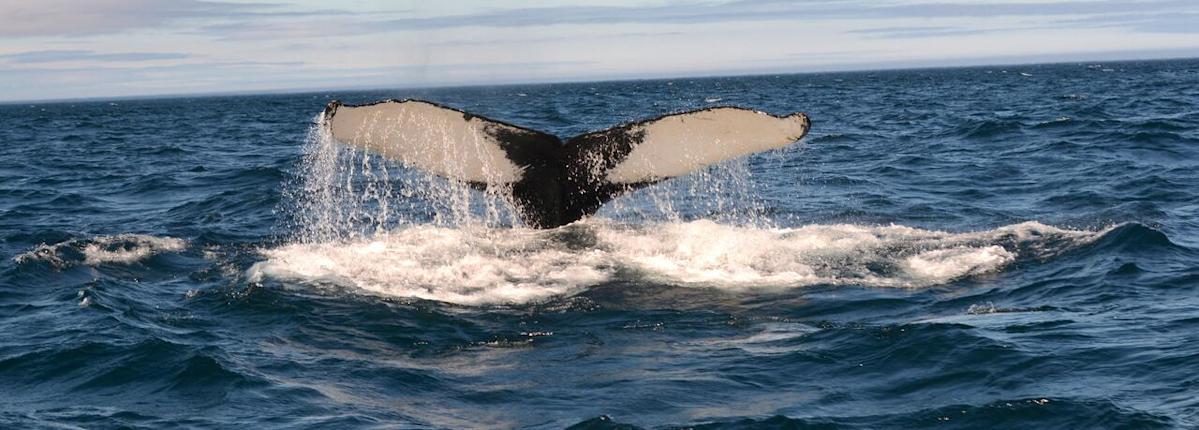
Newfoundland and Labrador’s tourism and environmental authorities have launched a new artificial intelligence-powered website, Hello Humpback, designed to both educate the public and assist researchers in tracking humpback whales along the province’s coastline.
Developed in partnership with marine scientists and using advanced image recognition technology, Hello Humpback allows users to upload photographs of humpback whales taken during whale watching trips. The AI system analyzes the unique physical features of each whale—such as the shape of their tails and markings—much like a digital fingerprint, to identify individual animals and track their migratory patterns.
The initiative is part of a broader effort by the Department of Fisheries and Oceans to combine tourism and conservation. Humpback whales are a popular attraction for tourists visiting Newfoundland and Labrador during the warmer months, and this tool aims to make whale watching more interactive while contributing to scientific research.
“It’s an exciting blend of citizen science and technology,” said Dr. Jack Lawson, a marine biologist with the Department of Fisheries and Oceans. “Each photograph submitted helps us piece together the story of these migratory animals and contributes valuable data on their health, behavior, and movements.”
The website is designed to be user-friendly, making it accessible to both casual tourists and amateur marine enthusiasts. After a user uploads a photo, the AI compares it with a growing digital database of known humpback whales. If a match is found, the user may receive information about where that whale has been previously sighted.
This initiative not only aids in ecological research but also fosters public engagement in marine conservation. By transforming photo submissions into actionable scientific data, Hello Humpback bridges the gap between tourism and environmental stewardship.
The project highlights how technological innovation can enhance understanding and protection of marine life, and the government hopes it will serve as a model for similar efforts in other coastal communities globally.
For more information or to contribute to the project, users can visit the Hello Humpback website.
Source: https:// – Courtesy of the original publisher.








